Undress AI Telegra: Exploring the Controversy Around N8ked
In the age of artificial intelligence, new technologies are emerging that push the boundaries of creativity and ethics. One such technology is N8ked, an AI-driven application that is designed to generate nude images of individuals based on their uploaded photos. This innovative yet controversial tool has sparked significant debate, particularly within the realm of privacy, consent, and the implications of digital nudity. In this article, we will delve into the nuances of N8ked, its functionalities, and the surrounding controversies, especially in relation to platforms like Telegra.
What is N8ked?
N8ked is an advanced AI model that allows users to create and manipulate images to produce digital nudity. By utilizing deep learning algorithms, the application can analyze features of a person’s uploaded image and generate a new image that appears to show them undressed. While some users hail it as an artistic tool, others are concerned about the ethical implications and potential misuse of such technology.
The Technology Behind N8ked
The foundation of N8ked lies in neural networks, specifically generative adversarial networks (GANs), which are capable of creating realistic images by learning from large datasets. The application’s ease of use and rapid output have made it popular among various online communities, but these same traits raise alarms about the potential for abuse.
How Does N8ked Work?
-
User uploads a photo: The process begins when a user submits a photo to the platform.
-
AI analysis: The AI analyzes the image, identifying key features and characteristics.
-
Image generation: Based on its analysis, the AI generates a new image that depicts the person in a nude form.
-
Output: The user receives the generated image, which can be downloaded or shared.
The Controversy of Digital Nudity
The advent of N8ked has not been without controversy. The ability to create nude images raises serious questions about privacy and consent. Many individuals are concerned that their likeness could be used without their permission, leading to potential reputational damage and emotional distress.
Privacy Concerns
One of the primary concerns surrounding N8ked is the invasion of privacy. The application could easily be misused to create unauthorized nude images of individuals, leading to a phenomenon known as “revenge porn,” where intimate images are shared without consent. This has prompted discussions about the need for stricter regulations regarding the use of AI in generating images.
Consent and Ethical Implications
The issue of consent is paramount in discussions about N8ked. Users may upload images of themselves, but what happens when someone else takes a photo and uses it without permission? The ethical implications of creating nude images of individuals without their consent are profound, raising questions about personal autonomy and respect for individual rights.
Public Perception and Media Response
The media has largely focused on the potential dangers of N8ked, often highlighting stories of misuse and the emotional toll it can take on victims. While there are discussions about the artistic merits and freedoms associated with digital nudity, the overwhelming narrative emphasizes the need for caution and awareness.
Responses from Advocacy Groups
-
Many advocacy groups have spoken out against the use of AI for generating non-consensual nude images, arguing for stricter regulations on such technologies.
-
Organizations focused on digital rights and personal privacy are calling for heightened awareness and education around the implications of AI tools like N8ked.
N8ked and Telegra: A New Era of Content Creation
Telegra has become a popular platform for content sharing, including articles, images, and multimedia. The integration of N8ked within this ecosystem raises additional concerns and questions about the nature of content being shared. As users explore the boundaries of creativity, there is a pressing need to understand the implications of such technologies.
Creative Expression vs. Ethical Boundaries
While some may argue that N8ked allows for a new form of artistic expression, others see it as a violation of ethical boundaries. The ability to create digital nudity can serve as a medium for artistic exploration, but it also risks trivializing the serious issues of consent and privacy.
Potential Solutions and Future Directions
To navigate the complex landscape surrounding N8ked and similar technologies, it is crucial to consider potential solutions that could mitigate the risks involved:
-
Implementing stricter regulations: Governments and regulatory bodies should consider establishing guidelines for the ethical use of AI in generating images, especially regarding consent and privacy.
-
Awareness and education: Increasing awareness about the implications of AI-generated content can empower individuals to protect their privacy and understand their rights.
-
Technological safeguards: Developers of applications like N8ked could integrate features that restrict the use of images without consent, ensuring users have control over their likeness.
Conclusion
The emergence of technologies like N8ked has opened up new avenues for creativity but also poses significant ethical concerns. As we navigate this complex landscape, it is essential to prioritize consent, privacy, and the responsible use of AI. The conversation surrounding N8ked will undoubtedly continue, especially as platforms like Telegra evolve and adapt to the changing digital landscape.
For those interested in further exploring the implications of AI-generated content, be sure to check out N8ked casino, where we delve deeper into the controversies and ethical considerations surrounding this technology.
